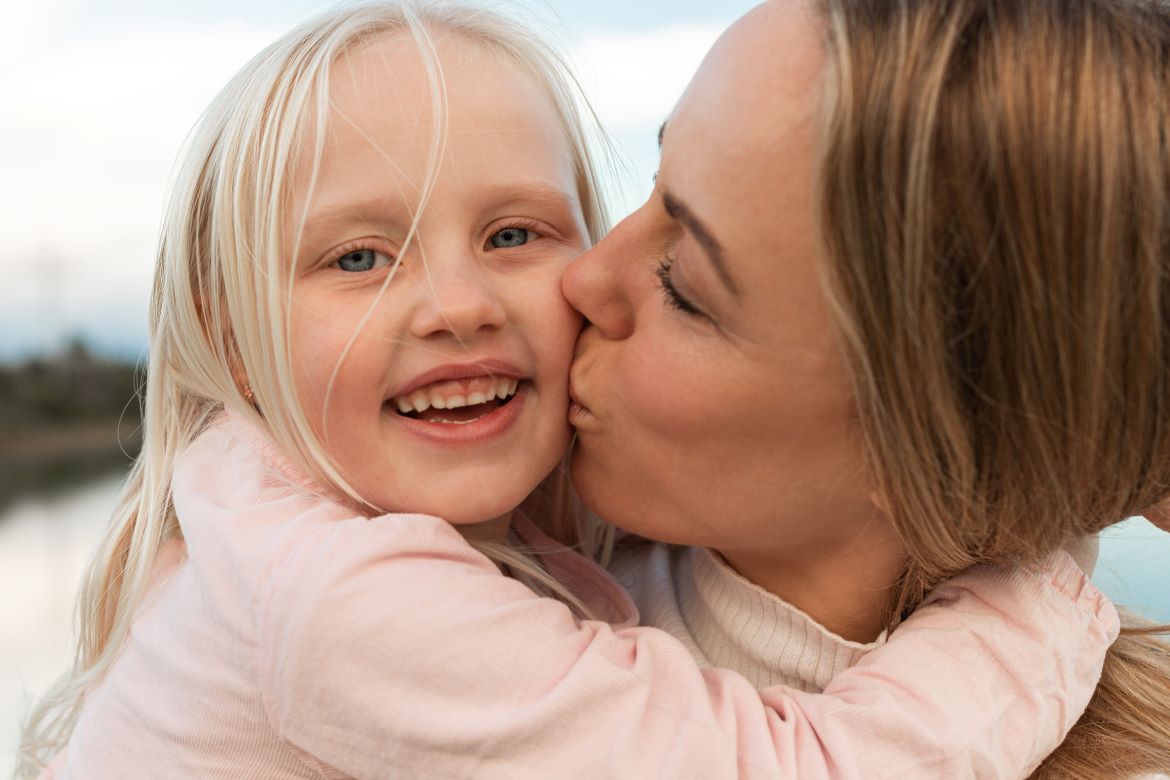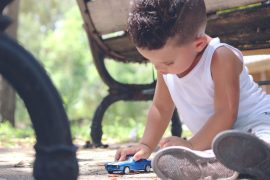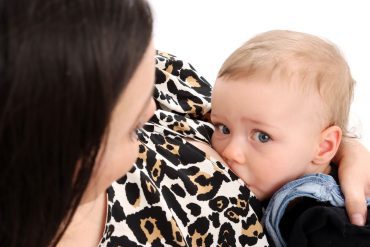By Sarah R. Moore
Positive parenting goes by many names: authoritative or gentle parenting, peaceful parenting, attachment parenting, positive discipline, mindful and conscious parenting, and others. However, the nomenclature matters less than the goals we’re all trying to accomplish:
- Raising kids with joy and fulfilment (theirs and ours)
- Finding positive ways to teach life lessons
- Ending power struggles
- Influencing kids’ behaviour for the better
Most of all, we want connection that will last a lifetime. We want to be the types of parents whose kids run to them, rather than away from them, as they face the struggles that childhood, adolescence (and let’s face it, adulthood) bring. We want to guide their development so that they can succeed in life, knowing that we’ve given them a positive foundation for the future.
What does positive parenting mean?
To be clear, it doesn’t mean you’re a pushover and that you never discipline your kids. To the contrary, it takes a lot of strength to end power struggles through connection rather than through force. In many cases, we need to rewire our brains to leave old patterns and build new ways of thinking: new ways of working with our children.
That’s the essence of positive parenting techniques: we work with our children to solve problems rather than against them. When we perceive misbehaviour in our kids, rather than turning to punishment as a way of “training” them, we get to the root of the problem. We find out what’s driving their actions and we respond with empathy and solutions that work for all involved.
More often than not, a lack of connection is the culprit of behaviour issues.
Am I saying we just focus on loving them back into better behaviour? Sort of. But it’s not about kids obeying us unquestioningly; it’s about fostering the kind of relationship that makes our entire existence as parents, and theirs as children, more positive. More enjoyable. We welcome and encourage their questions. That’s what a mutually respectful and collaborative relationship is all about.
In many of my articles, I offer parenting tips that outline exactly how to do that. You’ll find my email address at the bottom of this page if you’d like me to send you additional resources, as well. There’s a positive parenting program for everyone.
What does positive parenting look like in action?
For one, we stop yelling, cease all forms of physical punishment, and any other consequences that divide us from, rather than unite us with, our children. We take control of our anger and our own “big feelings”-learning how to manage them while staying calm. We don’t deny kids our attention through time-outs or other punishment when we’re teaching them. After all, discipline means teaching, not hurting. It’s not just a bunch of tips for reference; it’s a lifestyle change for the better.
Positive discipline can be firm, but as parents, our behaviour needs to be that which we want our kids to model. Our own behaviour is their best teacher. Parenting positively is about finding the balance of gentle and firm to guide them. It’s not about power. It’s about heart-to-heart connection. In fact, there’s a common phrase within this approach: connect before you correct. It’s a really powerful way to change the “tone” at home for the better.











